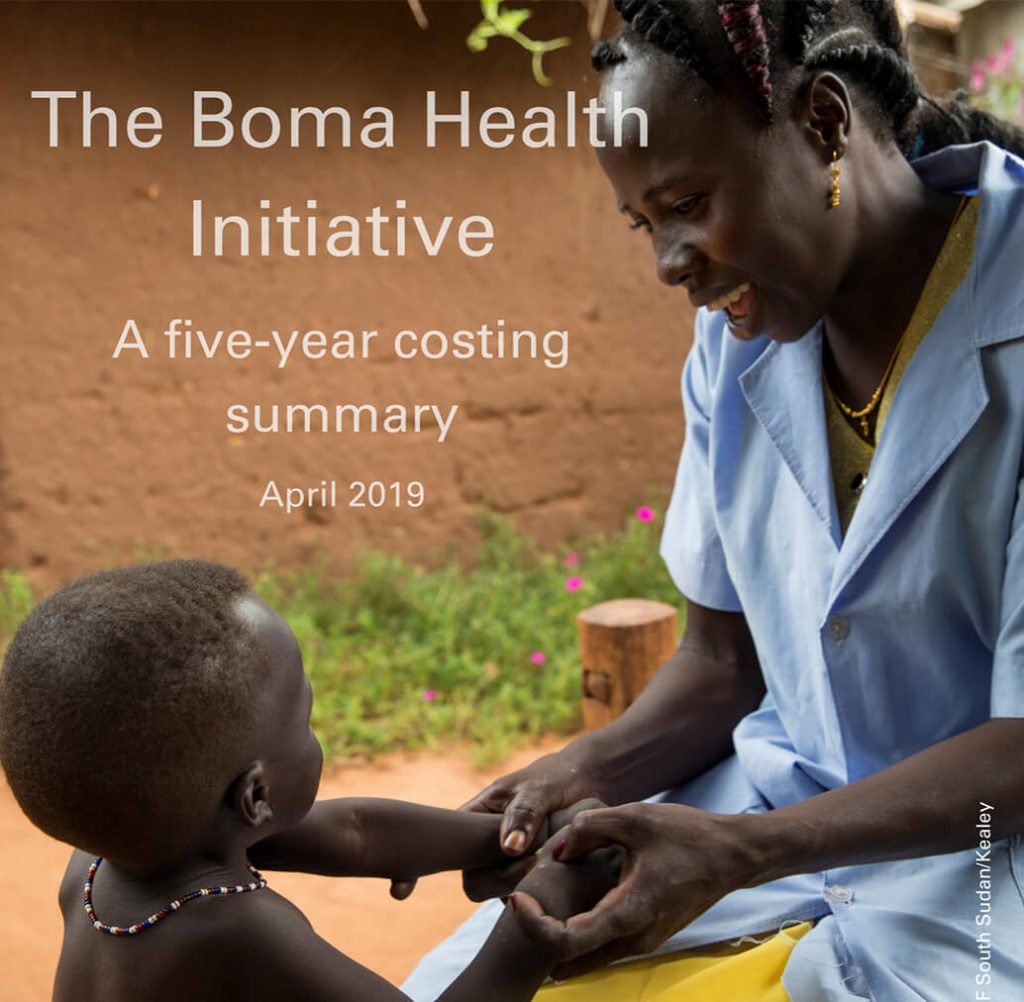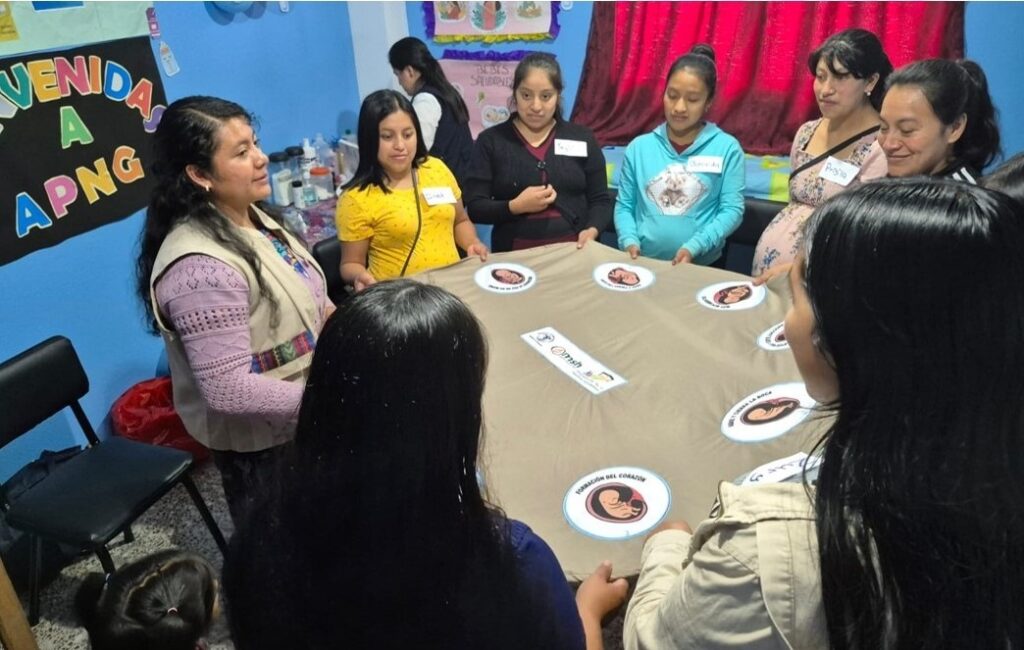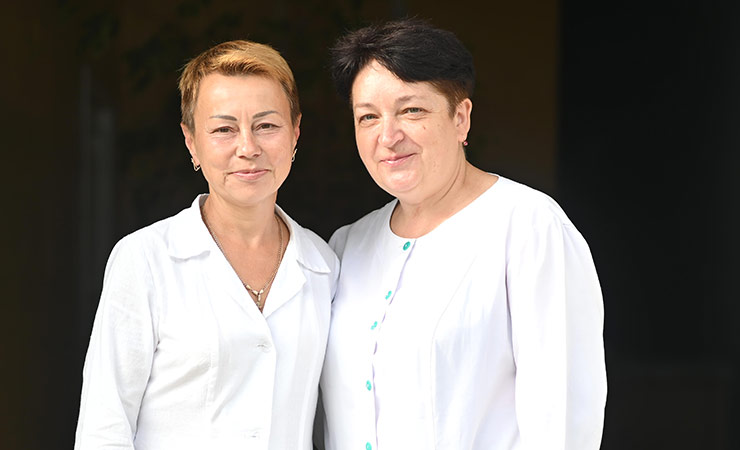The Boma Health Initiative
The Boma Health Initiative

South Sudan has continued to suffer some of the worst health indicators globally with an under-five mortality rate of 96 deaths per 1,000 live births and with 75 percent of child deaths due to the preventable diseases of diarrhea, malaria, and pneumonia. In addition, the maternal mortality rate is 789 per 100,000 live births with less than 8 percent of deliveries attended by skilled birth attendants. This is mostly due to limited access to health services with 83 percent of the population living in rural areas and 56 percent of the population living further than one-hour walking distance from a health facility.
To address some of these challenges, the Republic of South Sudan launched the Boma Health Initiative (BHI) in March 2017 as a nationwide strategy to improve access to essential health services.
The BHI is also designed to standardize the package of community health services, strengthen linkages between communities and primary health facilities, and improve community ownership and governance of health services. It is intended to replace and harmonize the delivery of fragmented community health services which are currently supported by non-governmental organizations (NGOs) with funding from different donors.

